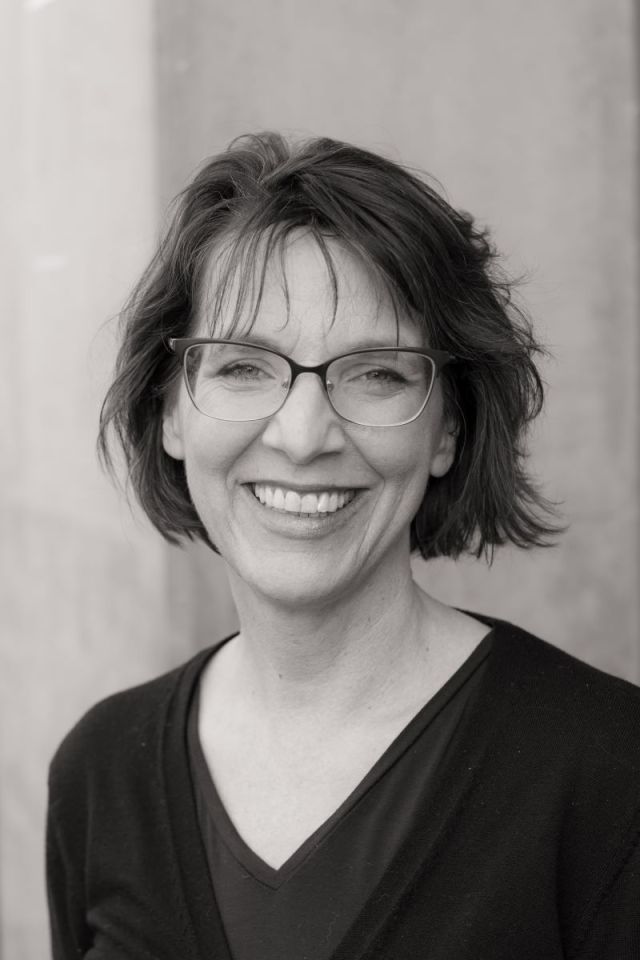Aging in America Lecture Series: Emotion and Aging

Healthy Aging: Balancing Strengths and Vulnerabilities
Aging often presents a paradox: at a time in life when older adults often experience social and physical losses, they are also reporting relatively high levels of life satisfaction and emotional well-being. In the current talk, I will discuss how age-related increases in value and importance placed on socioemotional experiences represent a strength in later life. Socioemotional experiences provide meaning, purpose and sources of activities that promote cognitive, physical, and mental health. These strengths are offset by vulnerabilities that can undermine well-being – vulnerabilities that include reductions in flexibility and diversity of physiological processes and daily behaviors. By understanding the strengths and vulnerabilities of aging, we can promote healthier, more active lives.
Biography
Susan Charles is Professor of Psychological Science and Professor of Nursing Science at the University of California-Irvine. Her research examines social and emotional processes across the adult life span. She is interested in how affective experience varies across the life course, and how socioemotional experiences are related to differences in cognitive and health-related processes. Her theoretical model SAVI predicts situations where older adults have higher levels of well-being than younger adults, and the circumstances where older adults lose their age-related advantage and have levels of well-being that are similar if not lower than their younger counterparts. She is a fellow of the Gerontological Society of America and the Association for Psychological Science.